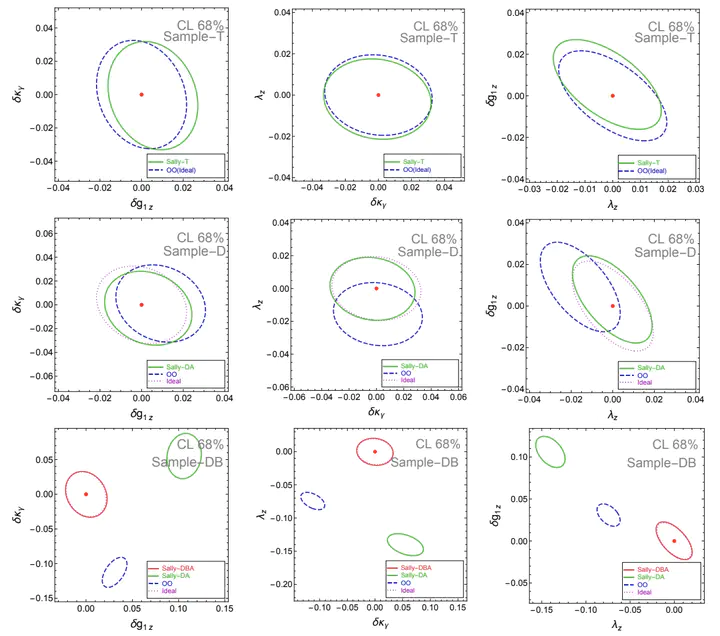From optimal observables to machine learning: an effective-field-theory analysis of $e^{+}e^{-} → W^{+}W^{-}$ at future lepton colliders
 Image credit: Unsplash
Image credit: UnsplashAbstract
We apply machine-learning techniques to the effective-field-theory analysis of the $e^{+}e^{-} \to W^{+}W^{-}$ processes at future lepton colliders, and demonstrate their advantages in comparison with conventional methods, such as optimal observables. In particular, we show that machine-learning methods are more robust to detector effects and backgrounds, and could in principle produce unbiased results with sufficient Monte Carlo simulation samples that accurately describe experiments. This is crucial for the analyses at future lepton colliders given the outstanding precision of the $e^{+}e^{-} \to W^{+}W^{-}$ measurement (~ $10^{-4}$ in terms of anomalous triple gauge couplings or even better) that can be reached. Our framework can be generalized to other effective-field-theory analyses, such as the one of $e^{+}e^{-} \to t\bar{t}$ or similar processes at muon colliders